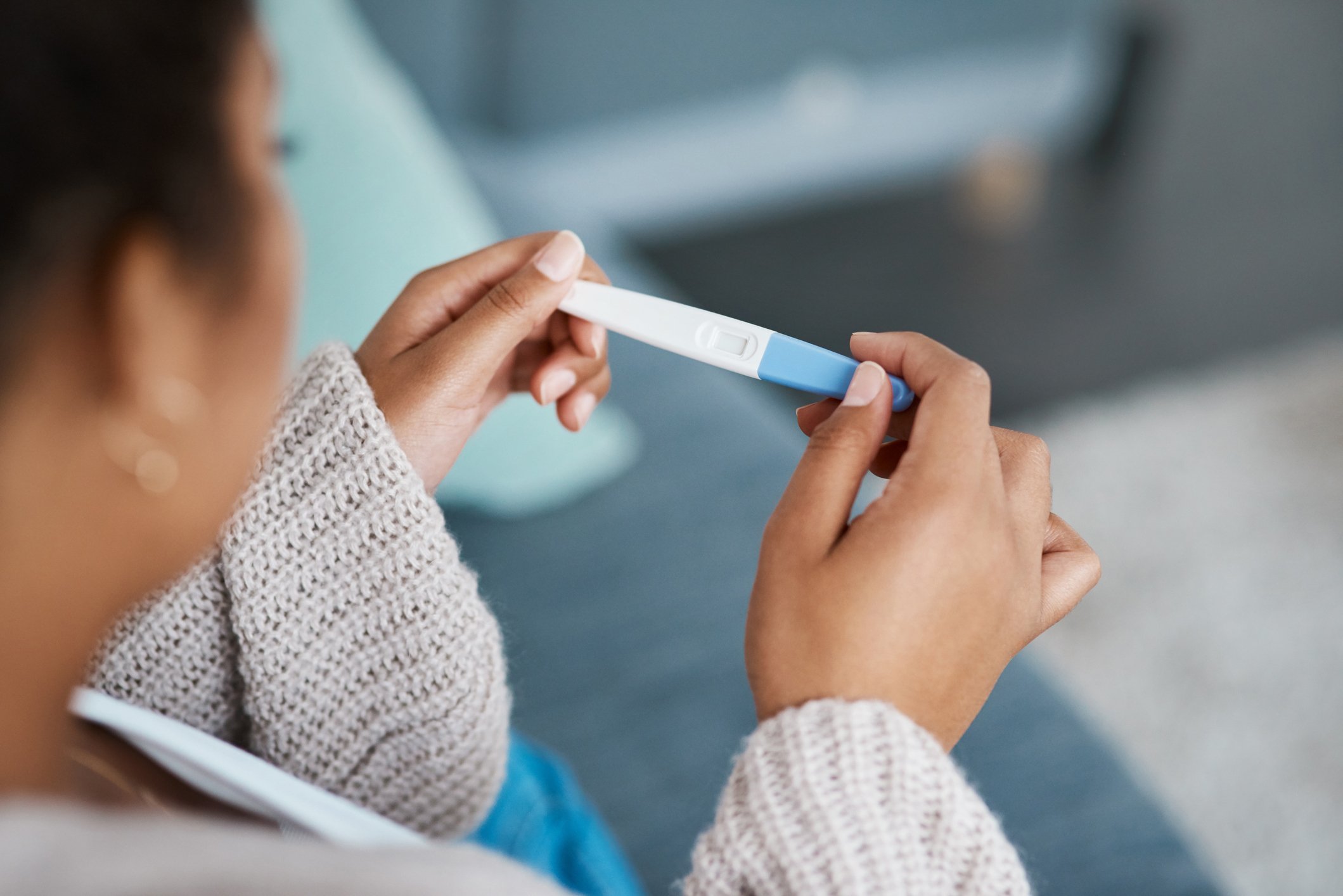Navigating the Miracle: Early Signs of Pregnancy and Essential Resources
Introduction: The journey of motherhood is a miraculous and transformative experience that begins with the subtle cues of early pregnancy. For many women, recognizing these initial signs can be a mix of excitement and anticipation. In this comprehensive blog post, we will explore the physical symptoms of early pregnancy, explore the best over-the-counter pregnancy tests, and provide insights into local resources for pregnancy testing, helping women navigate the fascinating beginning of this incredible journey.
I. Understanding the Menstrual Cycle: Before exploring the signs of pregnancy, it's crucial to understand the menstrual cycle. Typically lasting 28 days (can be shorter or longer for some women), the menstrual cycle involves various hormonal changes. The release of an egg during ovulation marks the midpoint of the cycle. If fertilization does not occur, menstruation follows, and the cycle begins anew.
II. Physical Symptoms of Early Pregnancy:
Implantation Bleeding: Some women experience light spotting around the time the fertilized egg attaches to the uterus lining, known as implantation. This can be mistaken for a light period, but the timing and characteristics can be different.
Headaches: Hormonal changes may trigger headaches in some pregnant women. Staying hydrated and maintaining a consistent sleep schedule can help alleviate this symptom.
Constipation: Hormonal changes can slow down digestion, leading to constipation. Maintaining a fiber-rich diet and staying hydrated can help alleviate this symptom.
Missed Period: The most obvious and widely recognized sign is a missed period. If your menstrual cycle is regular and you miss a period, it's often a key indicator. However, irregular periods can make this sign less reliable.
Breast Changes: Hormonal changes can lead to breast tenderness, swelling, or sensitivity. The areolas might darken, and veins may become more visible. These changes can occur as early as one to two weeks after conception.
Fatigue: Early pregnancy often brings a sense of exhaustion, even with sufficient rest. This fatigue is attributed to increased progesterone levels, which play a vital role in maintaining a pregnancy.
Food Cravings or Aversions: Changes in taste and smell can lead to specific cravings or aversions to certain foods. These cravings may be linked to the body's need for specific nutrients.
Nausea and Morning Sickness: While commonly associated with the morning, nausea and vomiting can happen at any time of the day. These symptoms usually start around the sixth week of pregnancy and may persist throughout the first trimester.
Frequent Urination: Hormonal changes and increased blood flow to the pelvic area can lead to increased pressure on the bladder, resulting in more frequent trips to the bathroom.
Backaches: The growing uterus can exert pressure on the lower back, causing discomfort. Gentle stretching exercises and proper posture can offer relief.
III. When to Take a Pregnancy Test: While early signs can provide an indication, taking a pregnancy test is the most definitive way to confirm pregnancy. Tests can usually detect pregnancy hormones in urine about 10 to 14 days after conception.
IV. The Best Over-the-Counter Early Pregnancy Tests: When it comes to confirming pregnancy, over-the-counter (OTC) pregnancy tests are a reliable and accessible option. Some of the best brands include:
First Response Early Result Pregnancy Test: Known for its sensitivity and early detection capabilities, this test can provide accurate results as early as six days before a missed period.
Clearblue Digital Pregnancy Test: Offering a user-friendly digital display, this test provides easy-to-read results and can detect pregnancy up to five days before the expected period.
EPT Pregnancy Test: Another reliable option, the Early Pregnancy Test (EPT) is known for its accuracy and ease of use.
V. Seeking Professional Guidance: It's crucial to consult with a healthcare professional if you suspect you are pregnant. They can confirm the pregnancy, provide essential guidance, and initiate prenatal care to ensure the health and well-being of both the mother and the developing fetus.
VI. Local Resources for Pregnancy Testing:
Community Health Clinics: Many community health clinics offer free or low-cost pregnancy testing services. These clinics often provide a range of resources and support for expectant mothers.
Planned Parenthood: Planned Parenthood clinics offer confidential pregnancy testing and counseling services. They also provide information on reproductive health and family planning.
Local Health Departments: Public health departments in your area may offer pregnancy testing services. They can also connect you with additional resources for prenatal care and support.
Conclusion: The early signs of pregnancy are the first whispers of a remarkable journey. Recognizing these signs empowers women to make informed decisions about their health and well-being. As the body undergoes profound changes, embracing the support of healthcare professionals and loved ones becomes crucial, setting the stage for a healthy and joyous pregnancy.
